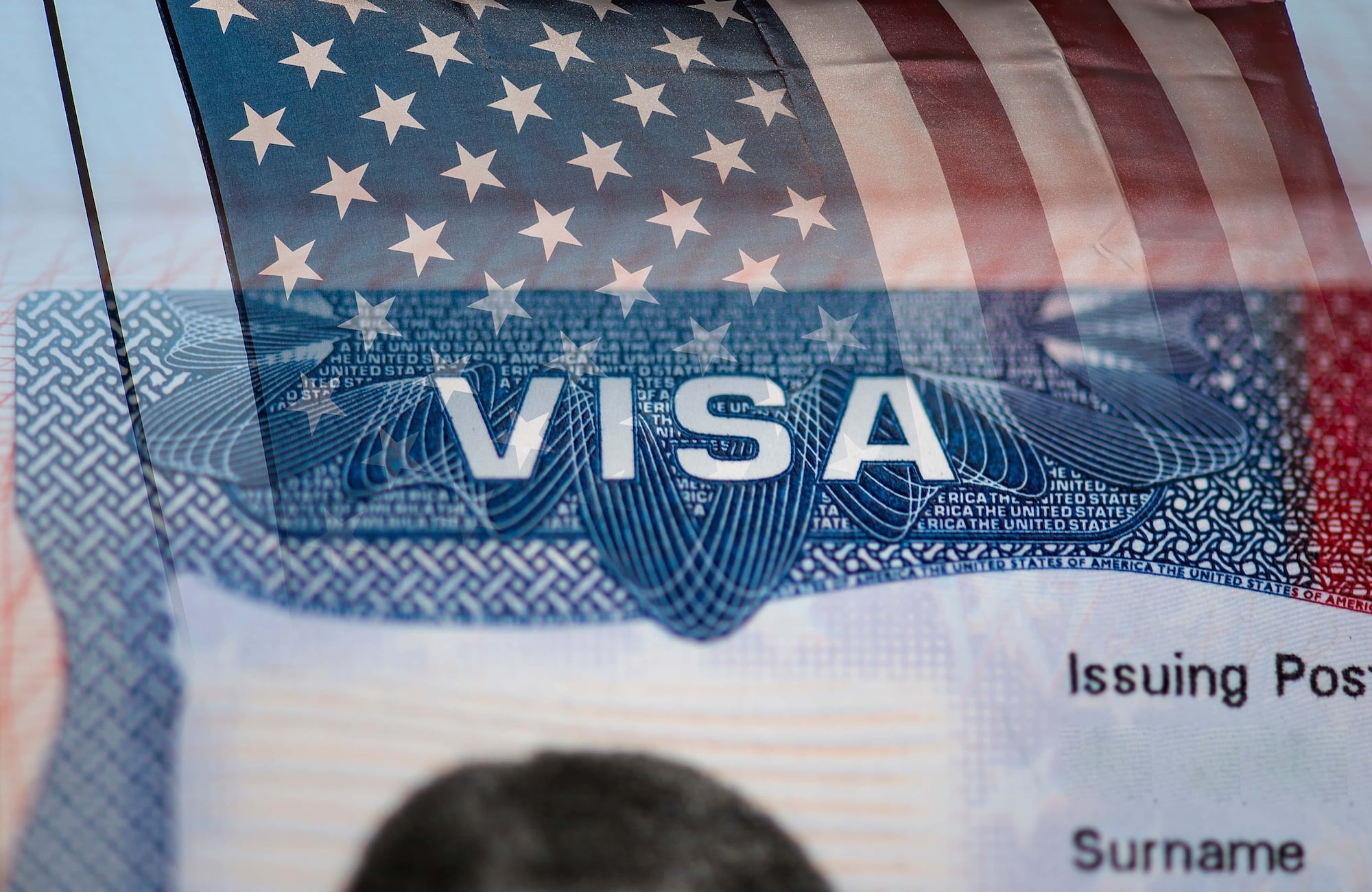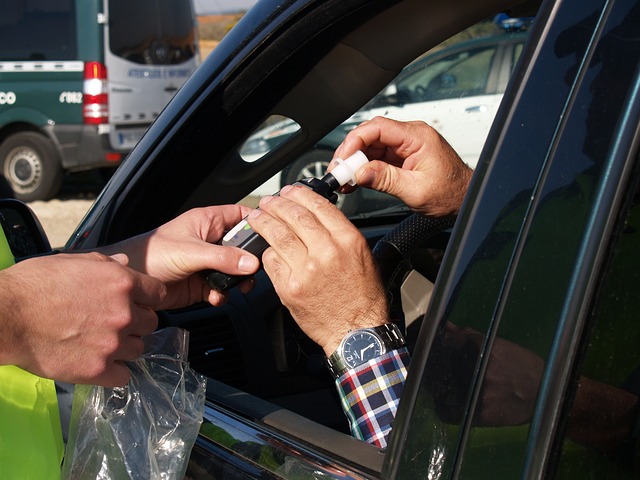The fourth preference (EB-4) visa is a visa that provides a direct path to permanent residency inside the United States. This category of employment visa has long been designated for religious workers who come to the United States based on religious work. Therefore, the number allowed for religious workers to be admitted is much larger than the other group class types. After an expansion of the fourth preference category, it allowed other types of people to apply under the same category for an EB-4. Now it includes different employment types, including broadcasters, loyal international employees of the U.S. government in other countries, certain qualified doctors, and juveniles in the United States who’ve been abused, abandoned, or neglected by their parents, and many others. If you think you qualify under the fourth preference (EB-4) category, don’t hesitate to speak to a lawyer for fourth preference (EB-4) about the application process, or talk to your employer about seeking help from our EB-4 immigration attorneys as well.
The EB-4 category is difficult to understand, and the process can be overwhelming, so make sure you’re in the right hands when filling out an application. Our lawyers have broad experience in the immigration law area and want to help you out.
At The Gonzalez Law Group, we will make sure you fit the requirements for an EB-4 candidate. Whether you’re a religious minister, a past employee of the U.S. government abroad, or even an abandoned child living here in the U.S., we can meet with you and give you the next steps to follow. Our clients range from all walks of life so you can be sure of our confidentiality and expertise.
We at The Gonzalez Law Group are available in Houston, TX, for a free consultation at (832) 530-4070. We work with clients in Houston, Galveston, The Woodlands, Pasadena, Pearland, Spring, Bellaire, Cypress, Kemah, Baytown, Jacinto City, Katy, Aldine, Missouri City, Sugar Land, Humble, League City, Bay City, Galena Park, Deer Park, and Lake Jackson.
What is Fourth Preference (EB-4)?
The fourth preference (EB-4) visa is one that is specifically designated for those individuals who qualify under the special immigrant category. According to USCIS, special immigrants include the following:
- Religious workers
- Special Immigrant Juveniles
- Broadcasters
- G-4 International Organization or NATO-6 Employees and Their Family Members
- International Employees of the U.S. government Abroad
- Armed Forces Members
- Panama Canal Zone Employees
- Certain Physicians
- Afghan and Iraqi Translators/Interpreters
- Afghan and Iraqi Nationals Who Have Provided Faith Service in Support of U.S Operations
Religious workers include ministers and those who are entering the U.S. to fulfill full-time paid positions for religious work. Religious workers or ministers must be a part of a religious group that has had real ties with a non-profit religious organization in the U.S. for at least two years prior to applying. They must also have a full-time job position waiting for them inside the U.S. with a non-profit religious organization or religiously affiliated organization. The applicant must also have worked either abroad or inside the United States as a minister or held a religious occupation or religious vocation for at least two years before applying. Non-minister position applicants and their families have until November 21, 2019, to adjust their status through this program before it ends for them. The date doesn’t apply to individuals with minister employment positions.
The Special Immigrant Juvenile (SIJ) category applies to juveniles who’ve been abused, neglected, or abandoned by a parent. The applicant must be inside the United States if seeking an EB-4 visa through this specific class type. For these types of applications, there has to be a court order approved by a juvenile court that puts the custody of the applicant in someone else hands other than the regular parents. Broadcasters petitioned by the U.S Agency for Global Media (USAGM) or a USAGM grantee are also a group of applicants who have their own set of special rules to apply through the EB-4 visa process. Broadcasters who are hired by the USAGM to work inside the U.S can include any of the following individuals (no technical or support services employees) involved in the broadcasting system:
- Reporter
- Writer
- Translator
- Editor
- News broadcasts producer or announcer
- News broadcasts hosts
- News analysis hosts
- Editorial or other broadcasts features hosts
- News analysis specialist
Filing for Fourth Preference (EB-4)
Since the fourth preference (EB-4) visa is still an employment-based application, you still have to be petitioned by your employer. Your employer will use Form I-360 to petition you through the EB-4 process. For religious worker positions, an application for an EB-4 visa has to be filled out by the non-profit religious-affiliated organization in which they provide proof of tax exemption and compensation verification for future employees. Also, the applicant has to show evidence of religious affiliation, previous religious work experience, qualifications to fill the religious work role inside the United States, and salary verification of previous religious work experience abroad or inside the United States.
For USAGM positions, the application form is the same one, but it has to contain extra information. The application must include the job title and job description, and the experience of the applicant that makes him or her qualified to perform the job inside the USAGM. Some exceptions apply under the fourth preference (EB-4), in which you don’t have to have an employer petition you. Instead, you can petition yourself like in a Special Immigrant Juvenile (SIJ) application.
There are only a limited number of fourth preference (EB-4) visas available per fiscal year, so to apply and get approved, you have to be within that number. It’s essential to check the priority date for the fourth preference (EB-4) visa on The Department of State Visa Bulletin page to see when you can submit your application and when you can expect to receive a response. The EB-4 visa also has a cap on the number of people allowed to come in from each country. Some class types under the EB-4 visa category allow immediate family to come with you to the United States, such as spouses or children. It’s essential to check in with a lawyer for EB-4 to see if your family qualifies under your application.
Contact Our EB-4 Immigration Attorneys
If your religious organization is not aware of the fourth preference (EB-4) visa, then it’s worth bringing it up to their attention, so that you can obtain your permanent residency. At The Gonzalez Law Group, our team of immigration attorneys for fourth preference (EB-4) can help you and your future employee submit a fourth preference (EB-4) application.
We know the immigration process for employment-based visas is long, and we want to make sure that you’re in the right hands. Our group of attorneys is dedicated to our immigration clients, and we want to make this process the easiest and least stressful possible. At The Gonzalez Law Group, we will listen to your concerns regarding the application process and answer any questions.
Call our office at (832) 530-4070 for a free consultation with no strings attached. Our team of EB-4 immigration attorneys works with clients living in Harris County, Brazoria County, Fort Bend County, Montgomery County, Wallers County, and more.




